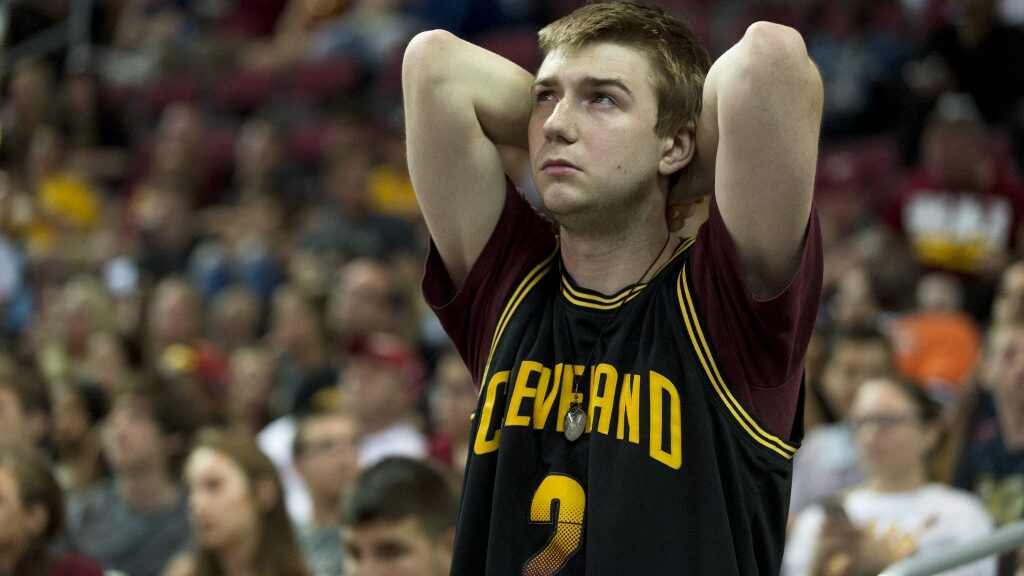
Ohio sports betting has seen impressive numbers since it launched on January 1st. Now, after six months, legislators are considering raising the operators’ tax from 10 to 20%.
Governor Wants to Up the Ante
Upon the stroke of midnight on January 1st, 2023, online sports betting launched in the Buckeye State, and ever since, its residents have had an insatiable thirst for getting down after getting online.
The tax levied against the operators was a modest 10% but with the overwhelming profits being hauled in by the online sportsbooks, the legislators jealously eyed those receipts and began contemplating an increase to share more equitably in those profits.
Ohio Gov. Mike DeWine inserted a tax increase to 20% in his annual budget only a month after sports betting went live in his state but that was vehemently opposed by the online betting operators. It was the first time a governor had requested an increase after online wagering launched and it happened within weeks of getting the financial reports from the first month of operations.
To put Ohio’s tax rate in context, only a dozen of the states with online sports betting tax their operators at 10% or less while 15 tax them at greater than 10% and as high as 51% in states such as New York, Rhode Island, and New Hampshire.
Nevertheless, the latter two have given exclusivity to Bally’s and DraftKings respectively in exchange for the lofty tax rate while New York has proven to be the most lucrative sports betting market in the nation.
Critics of Governor’s Tax Proposal
Brendan Bussmann, a managing partner of the B Global gaming consulting firm, wrote that the governor’s kneejerk reaction to the eye-popping numbers was too much, too soon.
“The governor’s proposed package seems more about punitive damage than trying to understand the economics of an industry that is 45 days old. First and foremost, anything above 15% in a tax rate curtails reinvestment, innovation, and further development of the market. Let the market settle in first and let’s see how it performs. This is the most robust retail and mobile market in the country and needs time to mature,” emailed Bussmann.
Bussmann further commented, “This seems like Lucy pulling the football away from Charlie Brown. If the governor was so concerned about these issues previously, he maybe shouldn’t have signed the bill, to begin with, and sent it back for further debate, as we have seen happen in other states.”
House Says Not Yet
The two-year, 85.5 billion Ohio budget saw the tax hike to 20% inserted but the House voted 78-19 to approve its version without the increase. Following that vote, the Senate Finance Committee included it without discussion as part of an omnibus budget bill in which the full Senate approved the budget by a vote of 24-7.
The all-encompassing Senate budget version will revert to the House where many of the amendments are expected to be argued. Once the House makes its recommendations, one of which could be eliminating the tax hike on sports betting operators, the measure will go to a conference committee to get sorted out by June 30th.
The Senate’s budget bill would also alter the way the money is allocated to the Sports Gaming Profits Education Fund which would no longer earmark half of the revenue generated to support interscholastic athletics and extracurricular activities.
Instead, the funds would be more broadly dispersed to “support of public and nonpublic education for students in grades kindergarten through twelve as determined in appropriations made by the general assembly.”














